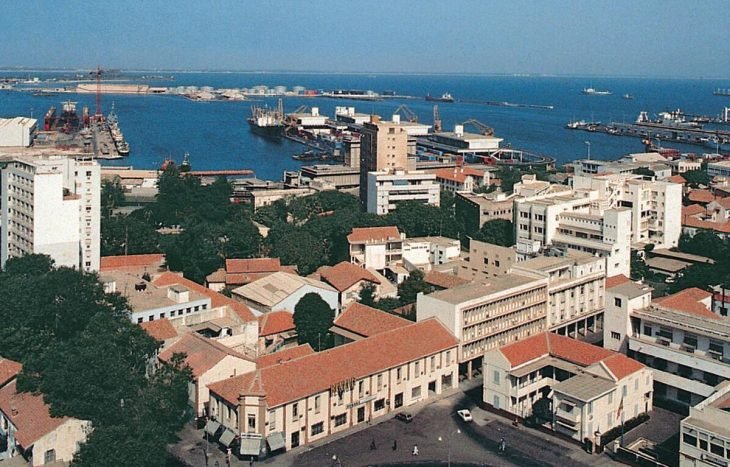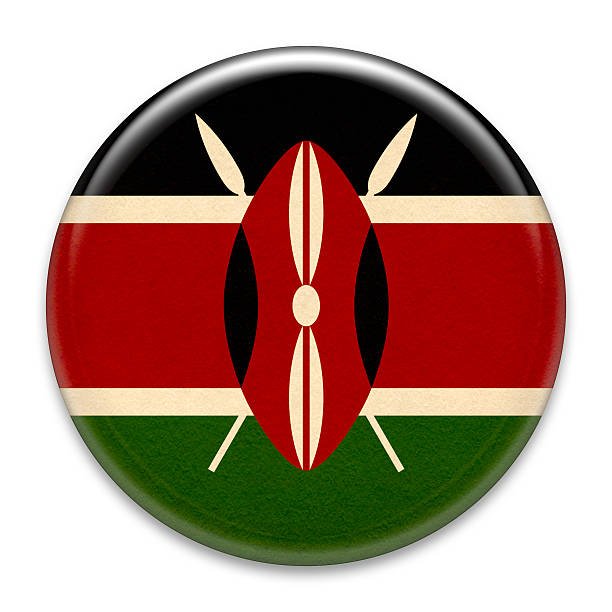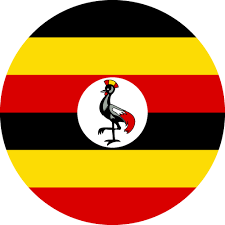Employer of record in Senegal
Employer of record in Senegal
Employer of record in Senegal
Employer of record in Senegal

Senegal is a country located in West Africa, bordered by the Atlantic Ocean to the west, Mauritania to the north and east, and Mali to the east and south. It also shares a small border with Guinea to the southeast. The country is known for its rich culture, vibrant music, and diverse ethnic groups. The capital city, Dakar, is a major cultural and economic hub. Senegal is a stable democracy with a long history of peaceful transitions of power and is known for its political stability in the region. The official language is French, and Islam is the predominant religion. The country has a growing economy, with key sectors including agriculture, mining, and services.
Employee Benefits
PAID TIME OFF
Annual Leave: Employees are entitled to annual vacation leave after completing one year of service as per the labor code. After 12 months, workers are eligible for 24 working days of paid leave. This duration may increase based on employment length as outlined in other legislation or collective agreements.
Women workers with children under 14 years old are granted an additional day of annual leave for each child. Workers receive pay equivalent to 1/12th of their annual salary, which amounts to one month’s pay, excluding benefits, for the 24 working days of leave. Payment for annual leave is made in advance.
Employees can accumulate unused leave for up to three years, provided that at least six working days are taken each year. Leave compensation is not allowed unless the employee’s contract is terminated.
Sick Leave: Employees are entitled to maintain their labor rights and income if they fall ill. Sick leave benefits may not be provided for the first three days of absence, depending on national laws. At a minimum, employees are entitled to compensation for sickness for up to six months, with a minimum of 45% of the minimum wage. Some countries may provide up to 60% of the previous salary for the first six months or even the first year of sickness.
Maternity Leave: Women are entitled to 14 weeks of paid maternity leave, compensated at 100% of their regular salary, with the government covering the payment. There is no statutory entitlement to paternity leave.
Family Leave: N/A
Public Holidays: Senegal recognizes 14 paid public holidays annually.
Other Paid Leave: N/A
STATUTORY EMPLOYEE BENEFITS
Unemployment Benefits: Senegal does not provide unemployment insurance or benefits under the law.
Workers’ Compensation: Workplace injuries in Senegal are categorized into four types:
Total permanent disability
Partial permanent disability
Temporary disability
Fatal injury (resulting in death)
For total permanent disability, workers receive compensation equal to 100% of their average wages for the 12 months preceding the injury. Partial disability compensation is based on the severity of the disability, with a lump-sum pension for disabilities under 10%. For temporary disabilities, workers receive 50% of their wages for up to 28 days. If the condition persists, compensation rises to 66.7% of their prior wages until full recovery or permanent disability is certified. Dependents of deceased workers (spouse, children) are entitled to a survivor’s pension, which is 30% of the worker’s monthly pension.
Social Security: Pensions are based on a percentage of either the minimum wage or earned salary. Surviving spouses and children are eligible for a percentage of the deceased’s wage (at least 40%). Short-term unemployment benefits are available, calculated as a percentage of the minimum wage or earned salary. Invalidity benefits are provided to individuals who cannot work due to a chronic illness before the retirement age, with a minimum payout of 40% of the reference wage.
Retirement: Senegal’s Pension Insurance Institution (IPRES) offers retirement benefits from age 60, or 55 for those in strenuous jobs. Early retirement is allowed from age 53, with a 5% reduction in the pension for each year of early retirement. Workers contribute 5.6% of their monthly salary, and employers contribute 8.4%.
Health Insurance: Medical aid is offered voluntarily, and employers may provide health insurance to employees.
PRIVATE EMPLOYEE BENEFITS
Workers’ Compensation: Private workers’ compensation insurance is available.
Retirement Plans: Private retirement and pension schemes are available.
Health Insurance: Private health insurance options are available.
Life Insurance: Private life insurance is available.
PERSONAL INCOME TAX
Tax Year: The tax year in Senegal runs from January 1st to December 31st.
Tax Rates: Senegal operates with a progressive tax system. Tax rates are as follows:
Taxable Income | Rates of Taxes |
0 – 630 000 | 0% |
630 001 – 1 500 000 | 20% |
1 500 001 – 4 000 000 | 30% |
4 000 001 – 8 000 000 | 35% |
8 000 001 – 13 500 000 | 37% |
13 500 001 + | 40% |
Taxation Method: The tax system is progressive.
Double Taxation: Senegal has multiple double taxation agreements.
Residence Criteria: Tax residents in Senegal include:
- Individuals with permanent domicile or residency in Senegal
- Individuals with professional activities in Senegal, excluding subsidiary roles
- Those with their “centre of economic interests” in Senegal
Payroll Calendars: Salaries are typically paid on the final working day of the month.
Rebates and Tax Credits: Senegal’s tax treaties may provide tax credits, especially with foreign entities. Special economic zones offer tax incentives, such as a 15% corporate income tax and exemptions from various taxes. Companies in the mining and petroleum sectors may also receive tax breaks.
HEALTHCARE AND SOCIAL SECURITY
Senegal’s healthcare system includes social security, though health insurance is not included for all employees. Unemployed individuals can access public health services through welfare programs.
PAYROLL ELEMENTS
Income: Salary, earnings, bonuses, overtime, taxable benefits, allowances, and other financial perks are considered part of employee income.
Bonuses: Bonuses are typically performance-based and range from 3-5% of an employee’s income. Some companies also offer a 13th-month bonus.
Allowances: There is a health allowance in Senegal, with free healthcare available for citizens over 60 and children under 5. Employers must provide medical coverage, typically covering 80% of healthcare costs, subject to agreements with healthcare providers.
Benefits in Kind: Certain non-cash benefits are taxed at standard rates. These include accommodation costs, domestic worker wages, utilities, and company vehicle use.
Investment Income: Investment income, including capital gains and dividends, is subject to corporate income tax (CIT) at 30%. Interest on sovereign debt and bank accounts is generally exempt, and dividends may be subject to 10% withholding tax.
Retirement Funding: The Pension Insurance Institution (IPRES) provides retirement payouts. Workers contribute 5.6% of their salary, and employers contribute 8.4%.
Health Insurance: Senegal offers public healthcare options, but private health insurance is available as well.
TAXABLE INCOME AND DEDUCTIONS
Income from employment, dividends, and other sources is taxable in Senegal. Rent income may be subject to withholding tax (WHT), and various deductions apply, such as for certain interest and dividends.
PAYROLL TAXES AND EMPLOYER CONTRIBUTIONS
Employers contribute to social security, with rates for family benefits and industrial accidents varying by sector. Contributions to retirement funds are split between the employer and employee, with caps based on salary levels.
WORKERS’ COMPENSATION AND ADMINISTRATION
Work injuries are categorized into permanent and temporary disabilities, with compensation based on the severity of the injury. Employers must contribute to social security programs, with rates varying by industry.
































